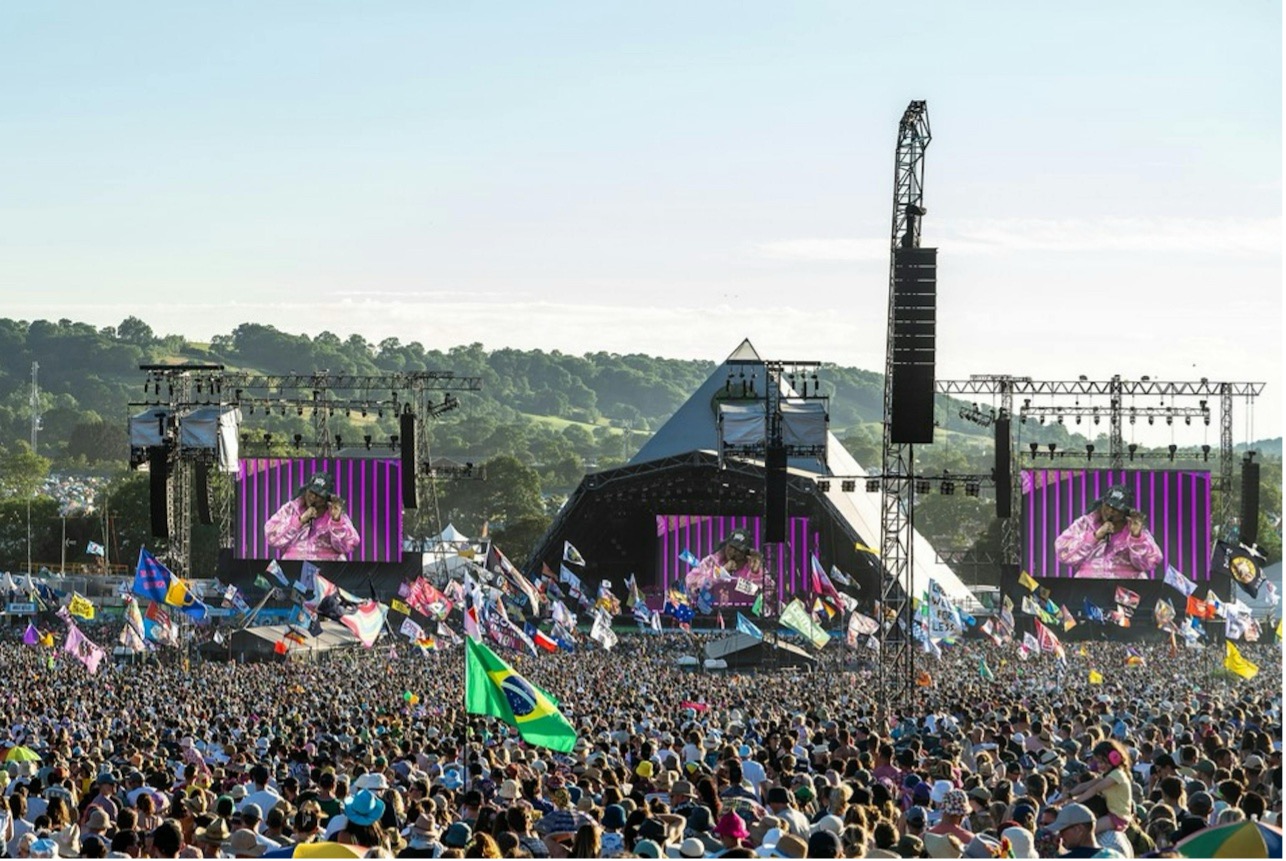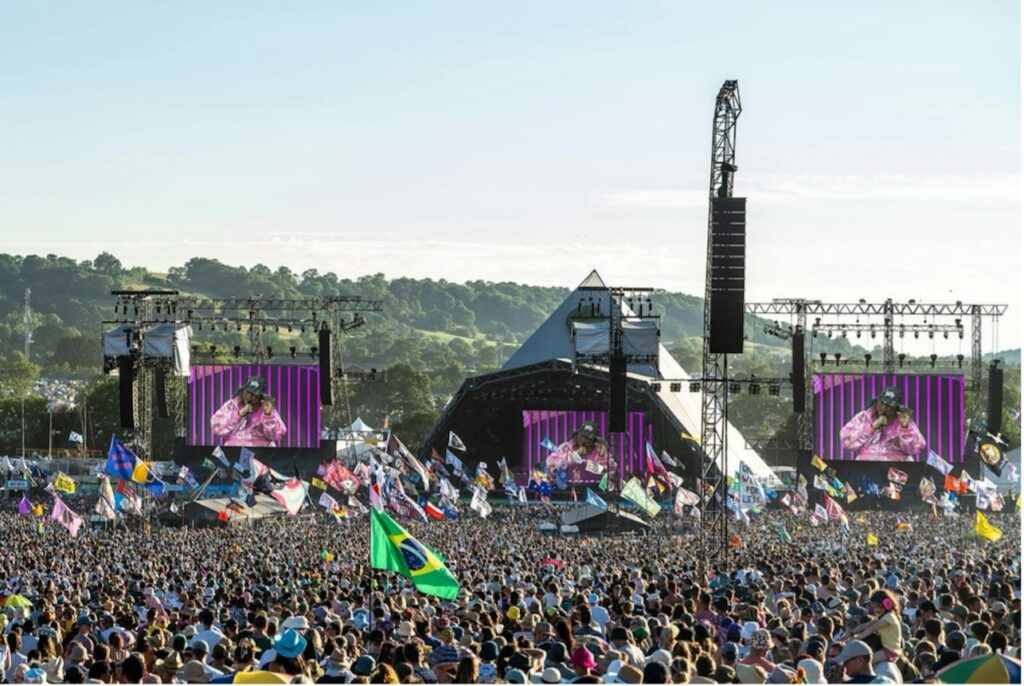BBC Glasto: PR Must Avoid ‘Half-Baked’ Scenario Plans

While I won’t wade into the political and philosophical hot water that the BBC and Glastonbury found themselves in over the weekend – we’ve seen quite enough of that across the news – I do, however, find myself aghast once again at how little thought and due care huge brands and institutions seem to be investing in their reputations.

I’ve said it before, and it bears repeating: with political and socio-economic sensitivities at an all-time high, not putting time and effort into thinking about every scenario before going down a certain path will not just lead to long-term reputational damage but can potentially even affect people’s safety and wellbeing.
Whether you’re organising a large-scale event, launching a product or running a country, thinking ahead, in all different directions, is not an option but critical.
Effective scenario planning should, in its very nature, be exhaustive. Every, and I mean every, scenario has to be thought through, no matter how far-fetched they may seem at the time. But we continue to see brands and businesses completely caught off-guard and the public and politicians, who quite often benefit from one side of the controversy, are merciless.
Even before you start scenario planning, very clear guidance and parameters on sensitive issues (of which there are many!) need to be set ahead of time and communicated to all those involved – and with clear repercussions if anything is breached.
This is where the BBC seems to keep tripping itself up the most, long before this particular debâcle over the broadcasting of punk band Bob Vylan leading a chant of “death to the IDF” at Glastonbury. The broadcaster seems to have protocols and policies that are woolly and open to interpretation. By not being clear or acting slowly, people will fill in the gaps for you, which is what no brand wants in a crisis.
Despite reputation taking a significant amount of time to build, we all know how quickly it can be destroyed and yet, how you deal with a crisis can sometimes be what saves you. Even with this being widely known by leaders all over the world, nowhere near enough focus seems to be on planning around known issues that would significantly protect businesses and brands today.
Scenario planning is not about scaremongering or being paranoid, it’s around being tuned into public sentiment and your impact on the audiences you want to reach and those that you don’t.
As with all things in life, if you do something half-baked, don’t be surprised when you do not get the outcome you want.
